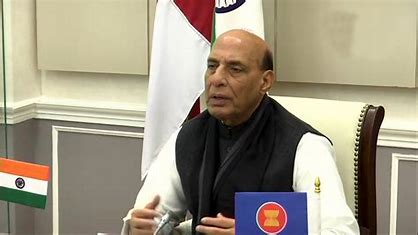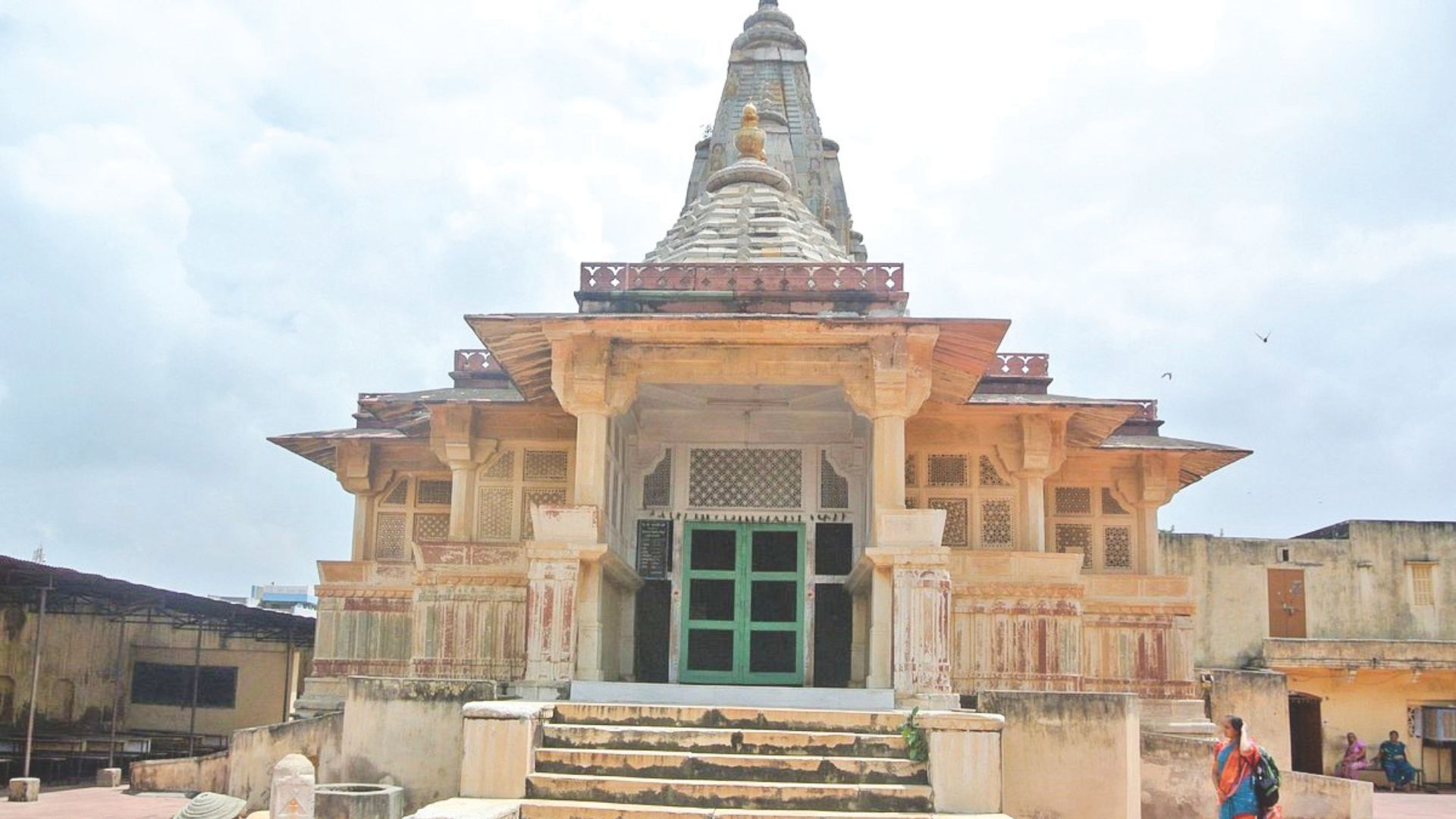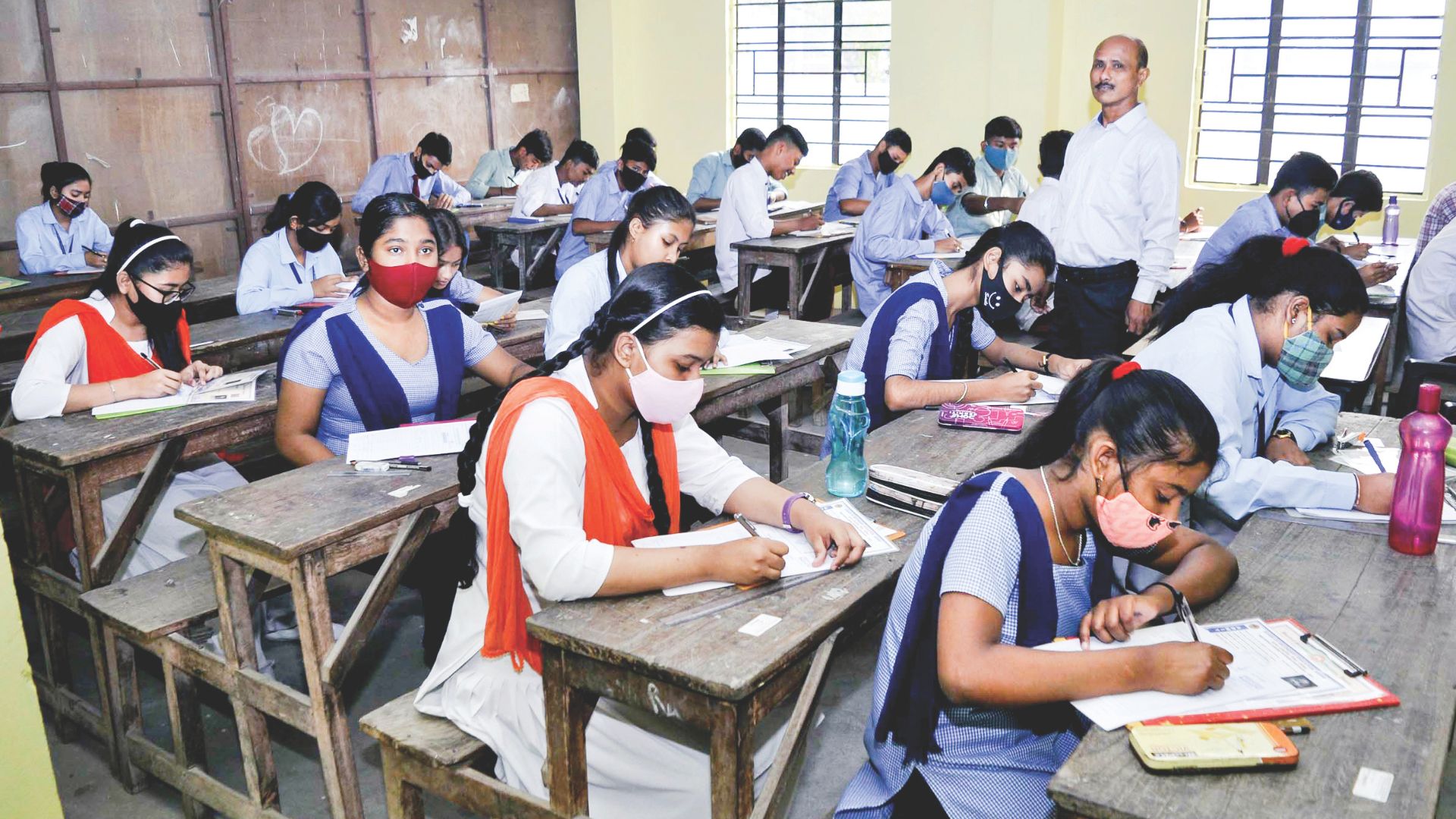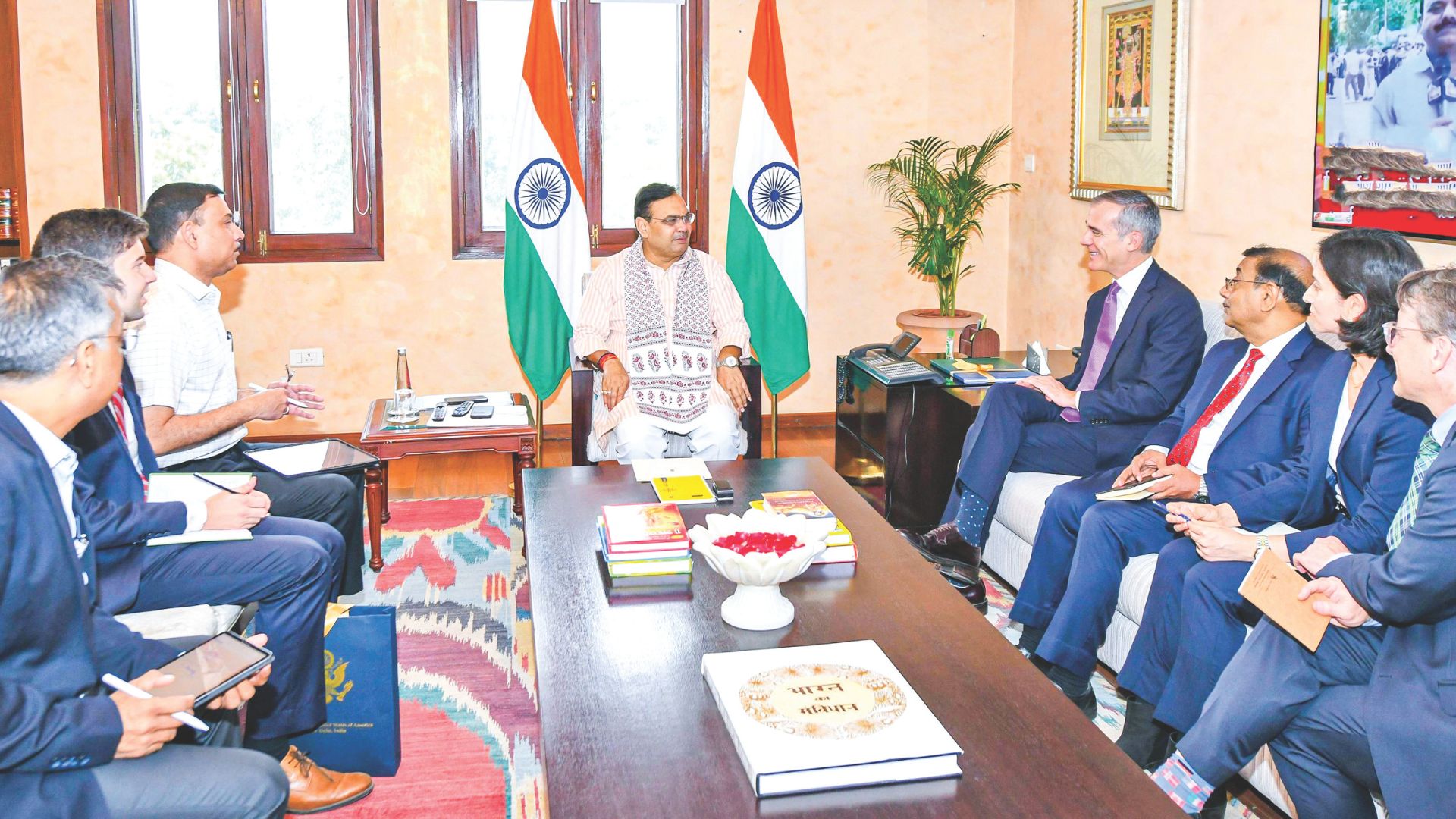
Defence Minister Rajnath Singh addressed the 11th ASEAN Defence Ministers’ Meeting-Plus (ADMM-Plus) in Vientiane, Laos, emphasizing India’s steadfast commitment to a rule-based international order. Singh highlighted the importance of freedom of navigation, adherence to international law, and sustainable development in the Indo-Pacific region.
On the Code of Conduct discussions, Singh stressed that it must respect the rights of all nations and align with the UN Convention on the Law of the Sea (UNCLOS) 1982. He underlined that the Code should not prejudice non-participating nations’ interests.
Rajnath Singh advocated dialogue as a cornerstone of India’s approach to international issues, stating that open communication fosters trust, cooperation, and long-term solutions. He linked India’s peaceful practices to Buddhist principles of coexistence, calling for their broader adoption to counter global polarization.
Describing the 21st century as the “Asian Century,” Singh noted ASEAN’s economic dynamism and India’s historical ties with the region. He credited the Act East policy for strengthening India’s partnerships with ASEAN nations, calling the bloc a cornerstone of India’s regional strategy.
Acknowledging the rising impact of climate change, Singh lauded the forum for prioritizing resilience in defence strategies. He proposed developing an ADMM-Plus Defence Strategy on Climate Change to protect vulnerable populations and defence installations while ensuring sustainable use of shared global resources.
Singh emphasized the need to safeguard global commons—resources vital for ecological and economic prosperity—through collective and balanced efforts. He cautioned against unilateral actions that could harm shared ecosystems.
The 11th ADMM-Plus brought together 10 ASEAN nations, eight Plus countries, and Timor-Leste, with Laos’ Deputy Prime Minister and Defence Minister General Chansamone Chanyalath chairing the event. The forum focused on fostering regional peace, prosperity, and climate resilience.















